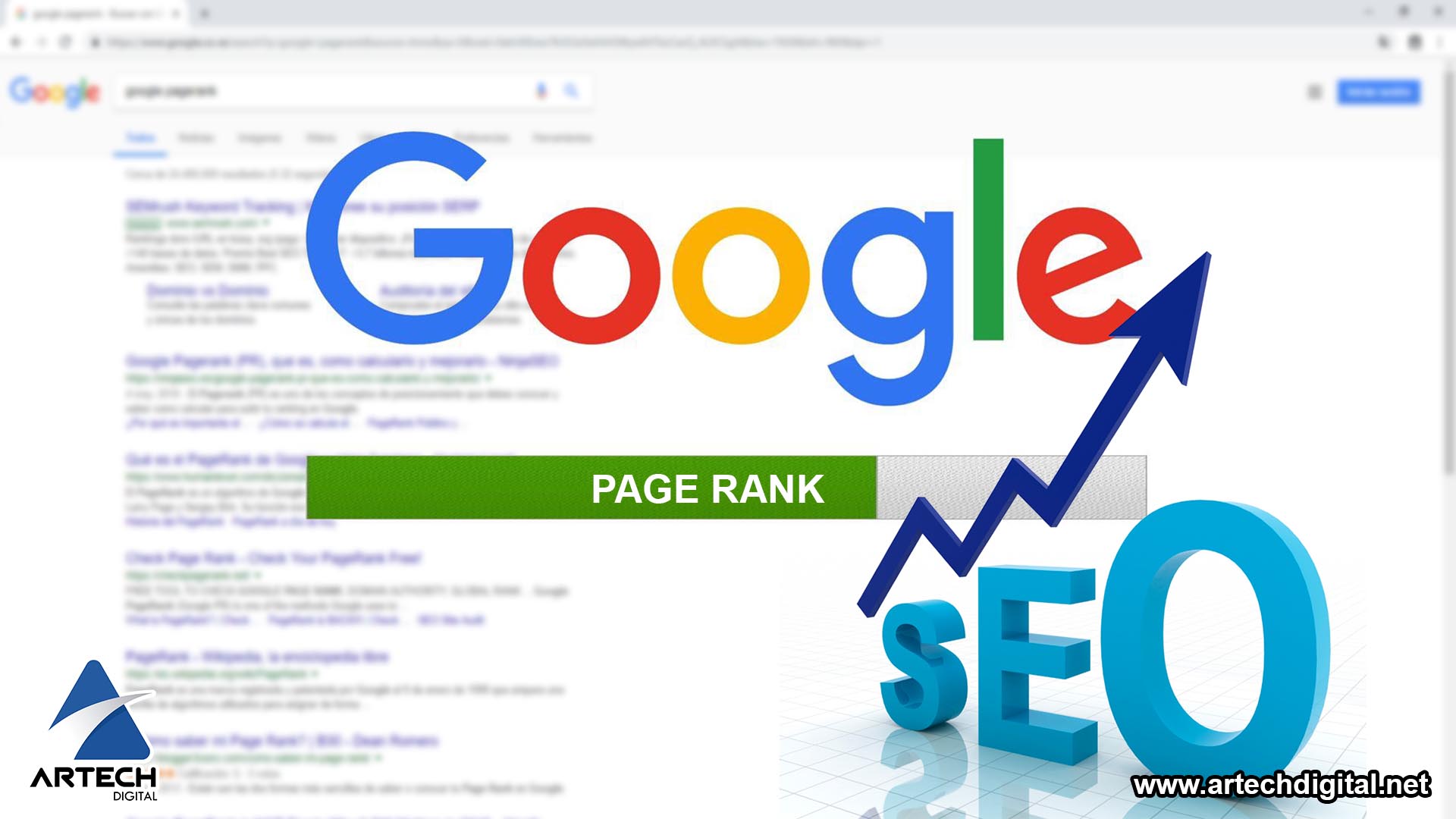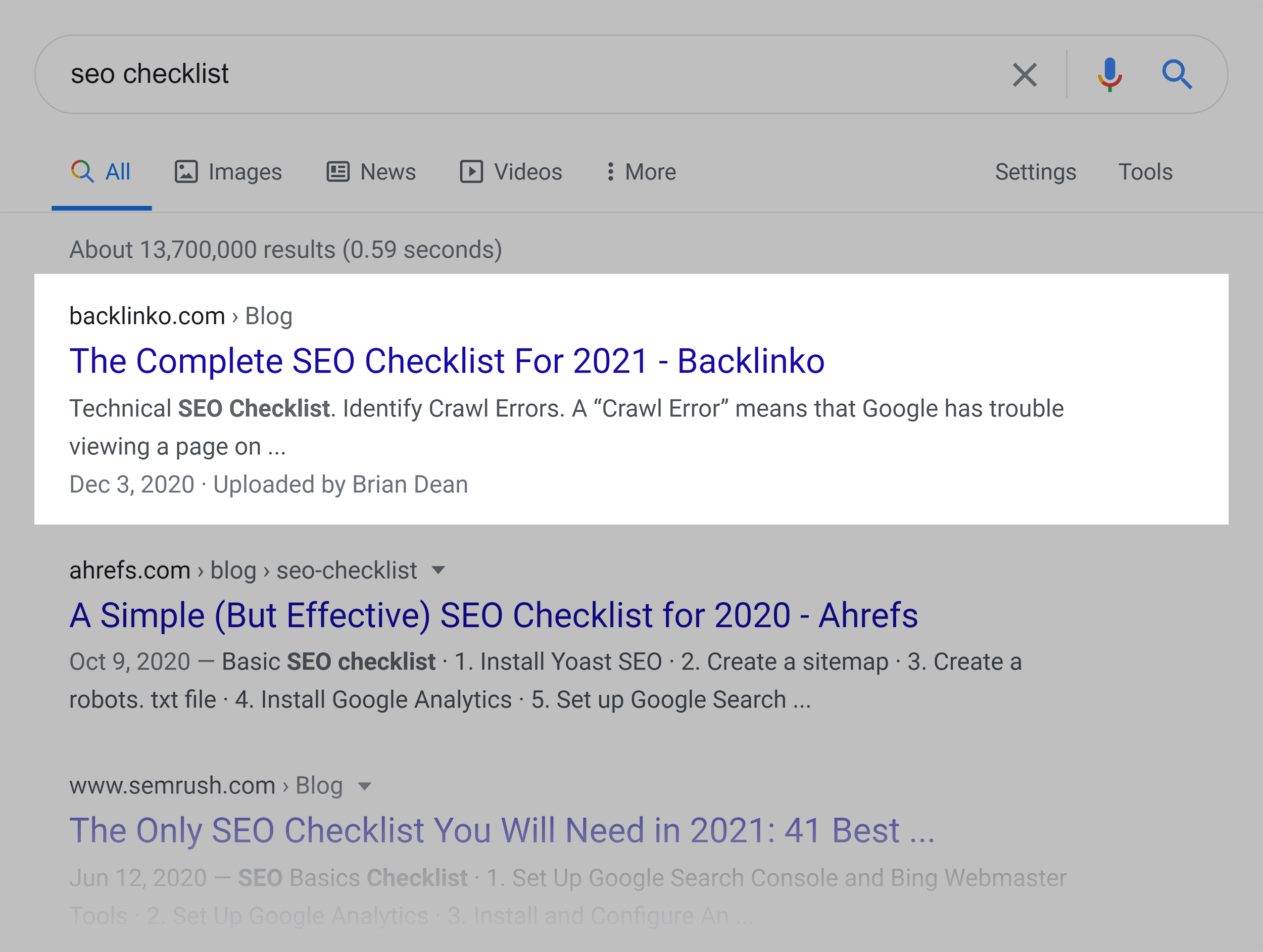Boost Your Website: The Ultimate Guide To Increase Rank In Google
Let's be real, folks. Ranking higher on Google is like the holy grail of online success. Imagine this: your website sitting pretty at the top of search results, getting all the clicks and traffic you've ever dreamed of. But here's the thing—getting there isn't as simple as snapping your fingers. It takes strategy, consistency, and a bit of hustle. In this guide, we’re diving deep into how you can increase rank in Google and turn those dreams into reality.
Now, I know what you're thinking—"isn't SEO just for tech wizards and marketing gurus?" Nah, not really. Sure, there's some technical stuff involved, but it's totally doable for anyone willing to put in the effort. We'll break it down step by step so even if you're a complete newbie, you'll walk away feeling like a pro.
Here's the deal: Google's algorithm is constantly evolving, but the core principles remain the same. You need to focus on creating valuable content, optimizing your site for both users and search engines, and building trust. Sounds simple enough, right? Well, buckle up because we're about to dive into the nitty-gritty of how to make your website rank higher in Google. Let's get started!
- Mp4moviez Your Ultimate Destination For Latest Movies And Entertainment
- Jack Doherty Leaks The Untold Story You Need To Know
Understanding Google's Algorithm: The Backbone of SEO
Before we jump into tactics, it's crucial to understand how Google decides which websites deserve that coveted top spot. Think of Google's algorithm as a super-smart judge who evaluates your website based on a bunch of criteria. It's like a popularity contest, but instead of votes, you've got factors like relevance, authority, and user experience.
Core Ranking Factors That Matter
There are hundreds of ranking factors, but some carry more weight than others. Here are the big ones:
- Content Quality: Google loves content that provides real value to users. This means it should be informative, engaging, and well-researched.
- Backlinks: Think of backlinks as votes of confidence from other websites. The more high-quality sites linking to yours, the better.
- Technical SEO: Your site needs to be fast, mobile-friendly, and easy to navigate. If it's a pain to use, Google won't recommend it.
- User Experience: How users interact with your site matters. Things like bounce rate, time on page, and click-through rate all play a role.
These factors work together to determine where your site appears in search results. It's like a puzzle, and each piece is important. So, let's break it down further and see how you can tackle each one.
- Ximena Saenz Leak Unveiling The Truth Behind The Controversy
- Crew Gaines Disability A Closer Look At The Real Story Behind The Scenes
Creating High-Quality Content: The Heart of SEO
Content is king, and for good reason. Without quality content, your website is just a hollow shell. But what exactly makes content "high-quality"? It's not just about writing a bunch of words—it's about creating something that solves a problem, answers a question, or entertains your audience.
How to Craft Content That Increases Your Google Rank
Here are some tips to help you create content that not only pleases Google but also resonates with your audience:
- Know Your Audience: Understand who they are, what they need, and how you can help them. Tailor your content to their interests and pain points.
- Use Keywords Strategically: Don't just stuff keywords in everywhere. Use them naturally in headlines, subheadings, and throughout your content.
- Make It Shareable: People love sharing content that's interesting, funny, or useful. Add social sharing buttons to make it easy for them.
- Keep It Fresh: Regularly update your content to ensure it stays relevant and accurate. Google loves fresh, up-to-date information.
Remember, the goal is to create content that people actually want to read. If you do that, the rankings will follow. Easy peasy, right?
Building Authority Through Backlinks
Backlinks are like gold in the world of SEO. They signal to Google that other websites trust and value your content. But not all backlinks are created equal. Quality matters way more than quantity.
How to Get High-Quality Backlinks
Here are some strategies to help you build a strong backlink profile:
- Guest Blogging: Write guest posts for reputable websites in your niche. Include a link back to your site in your author bio or within the content.
- Broken Link Building: Find broken links on other websites and suggest your content as a replacement. It's a win-win situation.
- Create Link-Worthy Content: Infographics, studies, and comprehensive guides are all types of content that people love to link to.
- Engage with Influencers: Build relationships with influencers in your industry. If they like your content, they might share it or link to it.
Building backlinks takes time and effort, but it's one of the most effective ways to increase your Google rank. Just remember to focus on quality over quantity.
Optimizing for Mobile: A Must in 2023
We live in a mobile-first world, and Google knows it. If your website isn't optimized for mobile, you're missing out on a huge opportunity. Mobile optimization isn't just about making your site look good on smaller screens—it's about ensuring it's fast, easy to navigate, and provides a great user experience.
Steps to Improve Your Mobile Performance
Here's how you can make sure your site is mobile-friendly:
- Use a Responsive Design: This ensures your site looks great on any device, from desktops to smartphones.
- Optimize Images: Large images can slow down your site. Compress them without losing quality to keep things speedy.
- Minimize Pop-Ups: Pop-ups can be annoying on mobile devices. Use them sparingly and make sure they're easy to close.
- Test Your Site: Use tools like Google's Mobile-Friendly Test to see how your site performs on mobile devices.
Mobile optimization isn't optional anymore—it's a necessity. Make sure your site is ready for the mobile-first era.
Technical SEO: The Behind-the-Scenes Work
While content and backlinks get most of the attention, technical SEO is the backbone of a successful strategy. It involves optimizing your site's structure, speed, and performance to make it easier for Google to crawl and index your pages.
Key Technical SEO Factors
Here are some technical SEO elements you should focus on:
- Site Speed: Faster sites rank better. Use tools like GTmetrix to identify and fix speed issues.
- URL Structure: Keep your URLs short, descriptive, and keyword-rich. It helps both users and search engines understand what your pages are about.
- XML Sitemap: This helps Google discover all your pages and understand how they're connected.
- SSL Certificate: Having HTTPS on your site is a ranking factor. It also builds trust with your users.
Technical SEO might sound intimidating, but it's all about making your site as efficient and user-friendly as possible. Trust me, it's worth the effort.
User Experience: The Human Factor
Google doesn't just care about bots—it cares about people too. That's why user experience (UX) is such an important ranking factor. If users have a great experience on your site, they're more likely to stay longer, click around, and come back. And that's exactly what Google wants to see.
Improving User Experience on Your Website
Here are some ways to enhance the user experience on your site:
- Make Navigation Easy: Use clear menus and logical page structures so users can find what they're looking for quickly.
- Optimize for Speed: Slow-loading pages are a major turn-off. Make sure your site is lightning-fast.
- Use Clear Calls to Action: Tell users what you want them to do next, whether it's signing up for a newsletter or making a purchase.
- Provide Value: Every page on your site should offer something valuable to users, whether it's information, entertainment, or a product.
User experience is all about putting yourself in your visitors' shoes and making their journey as smooth and enjoyable as possible. When you do that, Google takes notice.
On-Page SEO: The Building Blocks
On-page SEO involves optimizing individual pages on your site to rank higher in search engines. It's one of the most important aspects of SEO and covers everything from title tags to meta descriptions.
Key On-Page SEO Elements
Here's what you need to focus on:
- Title Tags: These are the clickable headlines that appear in search results. Make them compelling and include your target keyword.
- Meta Descriptions: These are the short summaries that appear below your title tags. They should entice users to click through to your site.
- Header Tags: Use H1, H2, and H3 tags to structure your content and make it easy to read.
- Internal Linking: Link to other relevant pages on your site to help users navigate and improve your site's structure.
On-page SEO might seem like a lot of work, but it's essential for getting your pages to rank higher in Google. Don't skip this step!
Local SEO: Dominating Local Search Results
If you run a local business, local SEO is your best friend. It helps you appear in search results when people are looking for products or services in your area. And with more and more people using voice search to find local businesses, it's more important than ever.
How to Master Local SEO
Here's how you can dominate local search:
- Claim Your Google My Business Listing: This is the first step in local SEO. Make sure your information is accurate and up-to-date.
- Optimize Your NAP: Name, Address, and Phone number should be consistent across all platforms.
- Get Local Backlinks: Partner with local businesses, organizations, and influencers to build a strong local backlink profile.
- Encourage Reviews: Positive reviews boost your credibility and help you rank higher in local search results.
Local SEO is all about making your business visible to people in your area. With the right strategies, you can dominate local search and attract more customers.
Content Marketing: The Long-Term Strategy
Content marketing is about creating and sharing valuable content to attract and engage your audience. It's not a quick fix—it's a long-term strategy that builds trust, authority, and ultimately, higher rankings.
Building a Content Marketing Plan
Here's how to create a content marketing plan that works:
- Set Clear Goals: Know what you want to achieve with your content—whether it's more traffic, leads, or sales.
- Know Your Audience: Understand their needs, preferences, and behaviors so you can create content that resonates with them.
- Choose the Right Formats: Mix up your content with blog posts, videos, podcasts, and social media updates to keep things interesting.
- Measure Your Results: Use analytics tools to track your progress and adjust your strategy as needed.
Content marketing takes time to pay off, but when it does, it's a game-changer. Stick with it, and you'll see the rewards in the long run.
Social Media and SEO: The Connection
While social media isn't a direct ranking factor, it can still have a big impact on your SEO efforts. Social shares can drive traffic to your site, build brand awareness, and even lead to backlinks—all of which can help improve your rankings.
How to Use Social Media for SEO
Here are some tips to leverage social media for SEO:
- Share Your Content Regularly: Post your blog articles, videos, and other content on social media to drive traffic to your site.
- Engage with Your Audience: Respond to comments, answer questions
- Crew Gaines Disability A Closer Look At The Real Story Behind The Scenes
- Daniel Sunjata Wife The Untold Love Story You Need To Know

How to Improve Your Google Rankings (Without Getting Penalized)

Perfect Info About How To Boost Your Google Page Rank Officermember29

How To Improve Page Rank Google Soupcrazy1